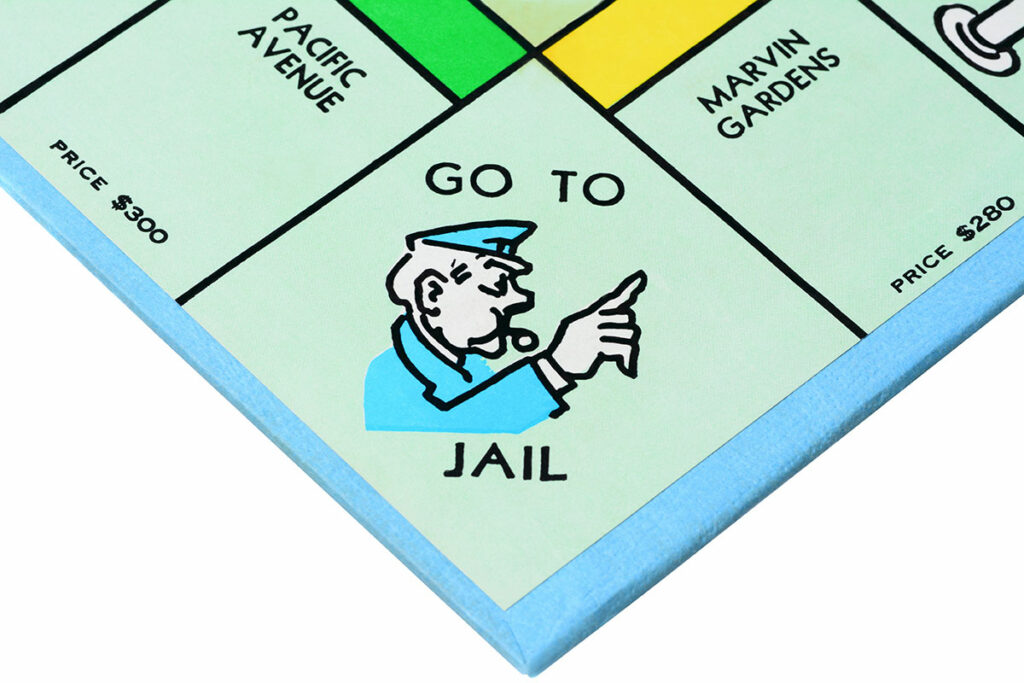Regulators Set Sights on Big Tech Companies

Calls to ban the social media site TikTok and moves by federal regulators against Apple Inc. and other tech giants could lead one to think that technology companies are under siege from government overreach. After all, one of the foundations of capitalist economies is the idea that market forces will ultimately create equilibrium and competitive balance.
But sometimes, Adam Smith’s “Invisible Hand” needs a little push. And in a complex global economic system, that helping hand comes in the form of government regulation.
The conventional wisdom of the business community is that government regulators impede commercial progress and place undue burdens on business owners that sap profits and damage a company’s bottom line. But American companies have faced scrutiny from federal oversight since the nation’s founding.
The Whiskey Rebellion, an uprising in the 1790s in western Pennsylvania by settlers upset about a government-imposed liquor tax, is one of the earliest examples of federal authority being imposed on trade. Fast forward a century to 1890 and a new tool was forged to regulate business activity, the Sherman Antitrust Act, which was passed to promote free competition among those engaged in commercial ventures.
Jump ahead to the late 20th century and you find the 1984 breakup of AT&T into seven independent companies in an effort to open up the communications industry to competition.
In that context, the U.S. Department of Justice’s antitrust lawsuit against Apple is part of the ebb and flow of business regulation. While the idea of federal oversight may raise the hackles of free market purists, regulatory cycles – like business cycles and economic cycles – are part of the history of commerce in the United States. And giant global corporations like Apple and Google offer tempting targets for regulators.
But regulatory efforts and antitrust actions can often have unintended consequences.
The breakup of Ma Bell did temporarily level the playing field in telecommunications. But of the seven original “Baby Bells,” only three –AT&T, Verizon and Lumen – still exist. And the advent of digital communications and cellular technology created opportunities for entrepreneurs to break into the lucrative cellphone market.
But in a world where the underlying mantra for business sustainability is grow or die, the emergence of dominant companies gaining the lion’s share of a particular market is also an old story. As new technologies spawn new industries, companies naturally seek to gain as much of the market as possible, elbowing out the competition to maximize profits. And while many see government regulation as stunting innovation, the lack of competition in a market can also keep new ideas from emerging.
Government regulation and oversight is a fact of life for business owners. As much as they may grumble and complain about it, maintaining at least the semblance of a level playing field and enforcing securities and fair trade laws creates the fertile ground where innovation can flourish.
It may not be a perfect system, but like democracy itself, it is the best one we have so far.









